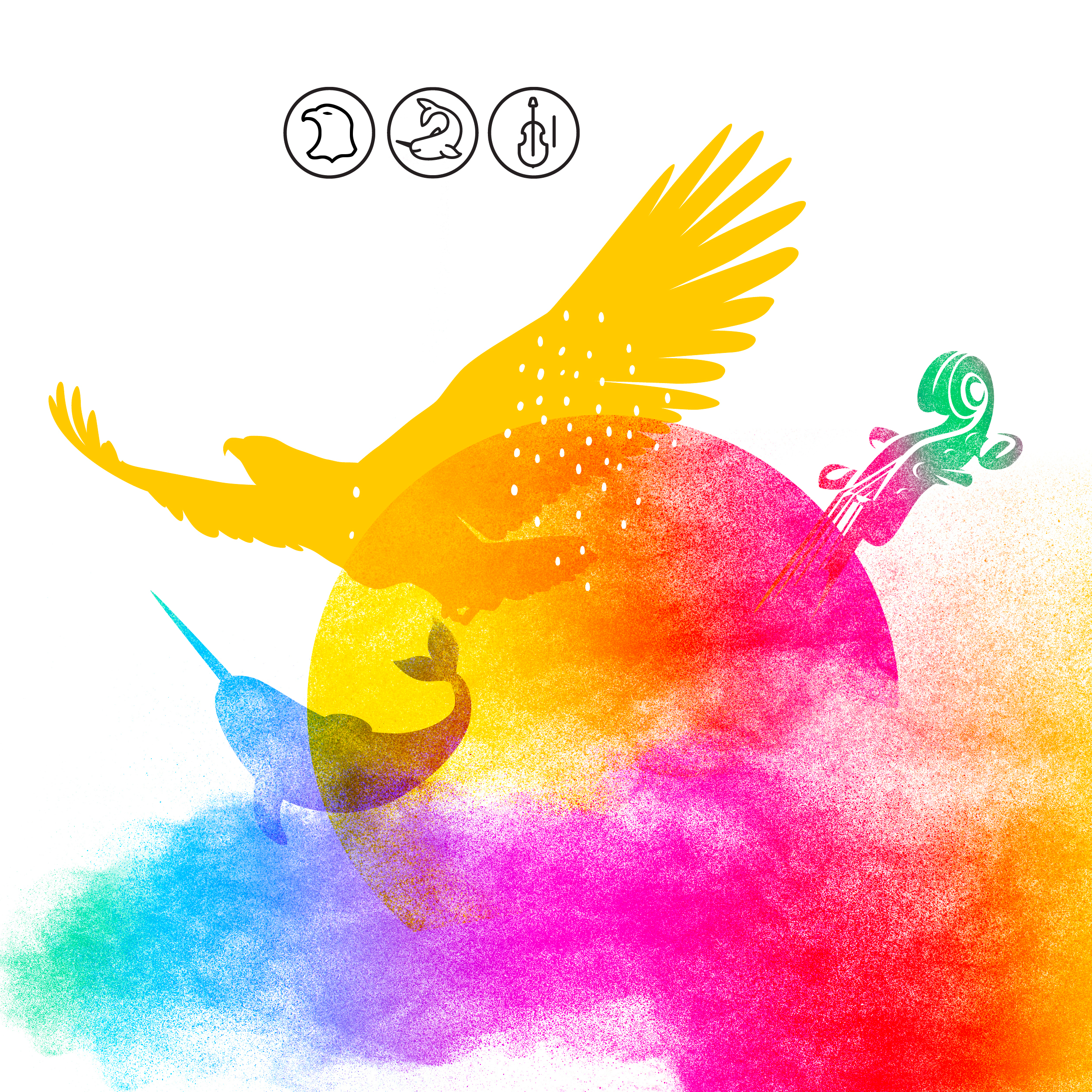Every year, June marks National Indigenous History Month – an opportune time to reflect on historical and contemporary Indigenous relations.1 Furthermore, June 21 being National Indigenous Peoples Day is yet another chance to pay homage to the rich history, unique heritage and vibrant diversity amongst the First Nations, Inuit and Métis communities of Canada.2
Educating ourselves and highlighting Indigenous lived experiences and unique histories of resistance and resilience is one important way to enact meaningful allyship. This year, June 21 also marks the one-year anniversary of the United Nations Declaration on the Rights of Indigenous Peoples Act receiving Royal Assent, which is a notable step forward in moving towards reconciliation.3
What does reconciliation mean?
First and foremost, reconciliation is rooted in recognition of deep-rooted, systemic injustices that Indigenous communities experienced as a direct result of settler colonialism in the Canadian context. Acknowledging this difficult context, reconciliation refers to a wide variety of attempts to renew relationships with Indigenous Peoples in ways that emphasize their right to self-determination and self-governance and that reflect a respectful spirit of partnership.4
Broadly, reconciliation encompasses initiatives to correct past and ongoing injustices and further, to support Indigenous Peoples in building strong and healthy families and communities.4 What these efforts have in common is that they aspire to build futures that adhere to Indigenous communities’ vision for sustainability.4 From improvements to education to strengthening economic prosperity to prioritizing safe, affordable housing – reconciliation can look like many different things.4 In addition to this, initiatives that advance access to clean drinking water, that holistically support health and wellness and that protect and preserve Indigenous languages also fall under reconciliation.4
Central to the journey toward reconciliation is implementing the Truth and Reconciliation Commission’s Calls to Action, which speak to a plethora of commitments such as addressing the impact of residential schools and inter-generational trauma arising from Canada’s colonial history as well as tackling widespread gendered violence as evidenced by the persistent, troubling cases of missing and murdered Indigenous women, girls and 2SLGBTQQIA+ people.4 It also includes calls to action on issues such as justice in the legal system, equitable access to healthcare, language and cultural preservation, opportunities for children and youth as well efforts towards reconciliation, including historical recognition and commemoration.4
How can HR professionals support Indigenizing workplaces?
Beyond reflecting on our individual and collective roles in this domain, HR professionals and business leaders can polish up their skills in ways to centre Indigeneity in workplaces. Below are some of the many resources to help you do so:
On-demand Resources
- Webinars on equity, diversity and inclusion: This includes ways to address unconscious bias in relation to racism, sexism and homophobia, along with strategies to foster leadership allyship.
- 2022 Indigenous Micro-Conference: This set of webinars takes a deep dive into the theme of ‘Deconstruction: Crafting Inclusive and Equitable Workplaces’.
- E-Learning on Anti-Racism for Workplaces: This engaging digital learning program instructs employees on how to identify and prevent workplace racism.
- Indigenous Awareness Canada is proud to partner with the HRPA to offer HRPA members a special discount on Indigenous Awareness Training. These online skills-based training courses will provide you, or your organization, with the information needed to build effective and positive relationships with Indigenous people in Canada.
Upcoming Resources
- Live webinar on ‘Indigenous Reconciliation and Developing your Action Plan’, happening June 30.
- Diversity and Inclusion Certificate Program: The next program starts on August 9, with a subsequent offering on November 8.
- To mark National Day for Truth and Reconciliation this year, for the entire month of September 2022, HRPA will host a virtual, on-demand conference addressing Indigenous issues in the workplace. Check out the Upcoming Conferences webpage for updates as they become available.
What else can you do?
In addition to expanding your professional skillset when it comes to Indigenizing workplaces, there are many other ways to enhance your own awareness and elevate the importance of National Indigenous History Month and National Indigenous Peoples Day, such as:
- Using this interactive map to discover local activities in your community that celebrate First Nations, Inuit and Métis heritage and contributions. You can also use the hashtags #NIPD2022 and #NIPDCanada to join the conversation on social media.5
- Stay up to date on the Government of Canada’s progress in responding to the Truth and Reconciliation Commission 94 Calls to Action.6
- Learn about the countless Indigenous trailblazers who have left their mark in history and who continue to inspire us with their achievements today. From athletes and artists to activists, these iconic figures are forever changing the Canadian landscape through their legacies of remarkable achievements.7
- Amplify the significance of National Indigenous History Month and National Indigenous Peoples Day through your social media accounts. Use these resources to support your message.8
Footnote 1: National Indigenous History Month
Footnote 2: About National Indigenous Peoples Day
Footnote 3: Implementing the United Nations Declaration on the Rights of Indigenous Peoples Act
Footnote 4: The reconciliation journey
Footnote 5: National Indigenous Peoples Day
Footnote 6: Delivering on Truth and Reconciliation Commission Calls to Action
